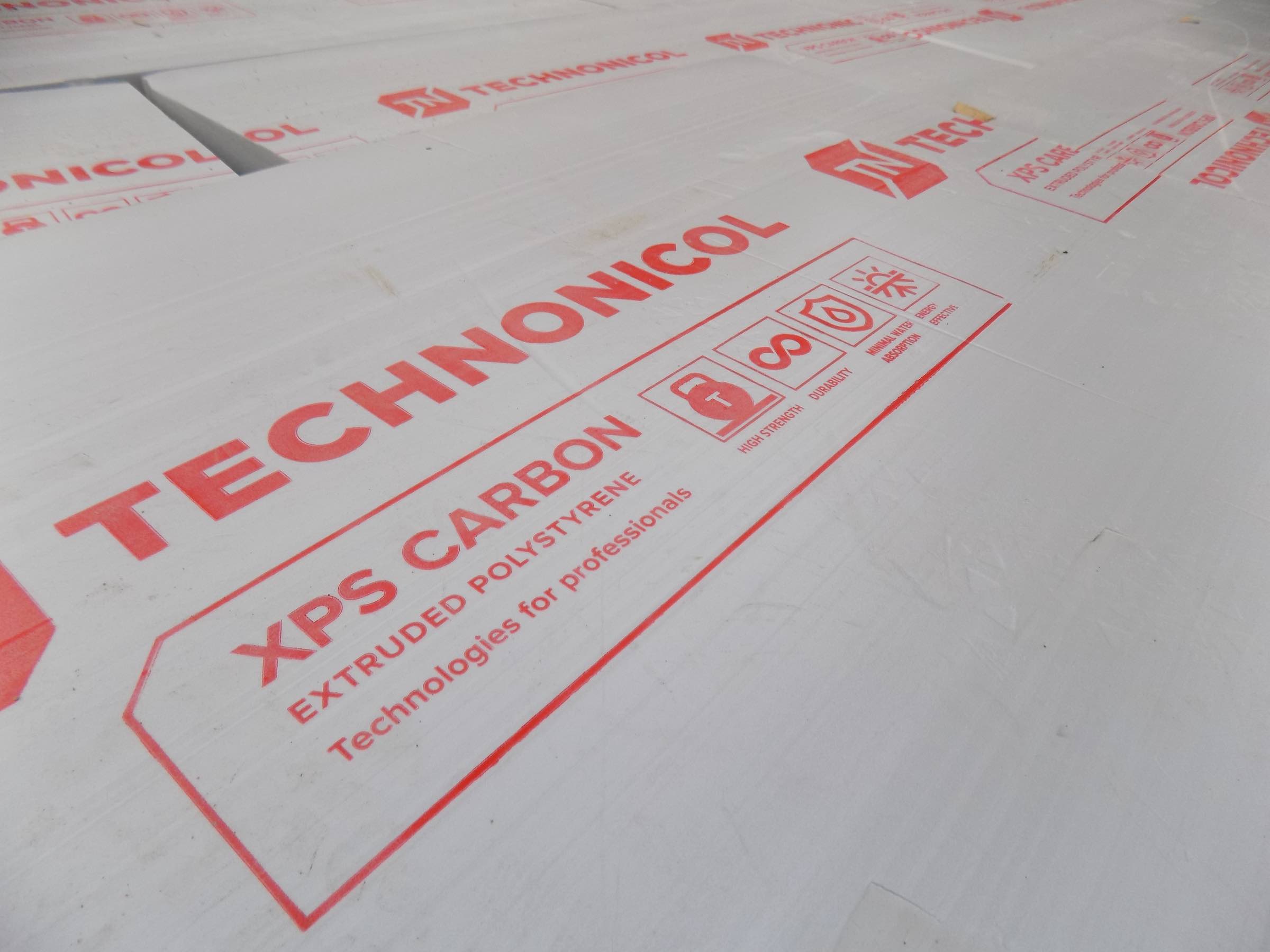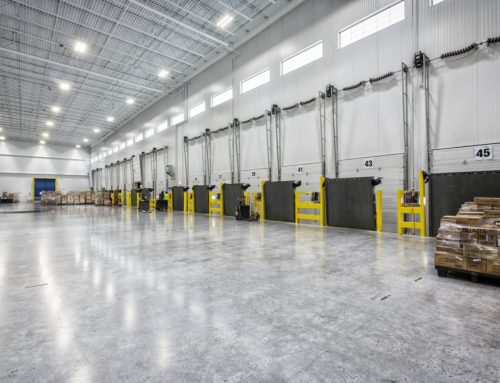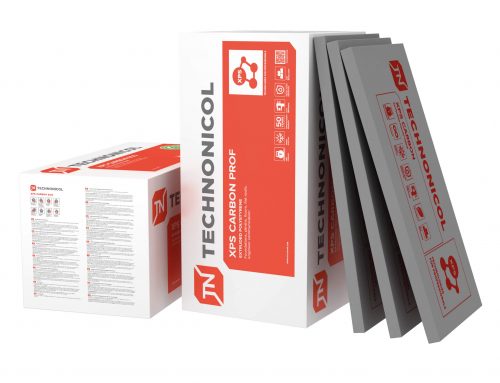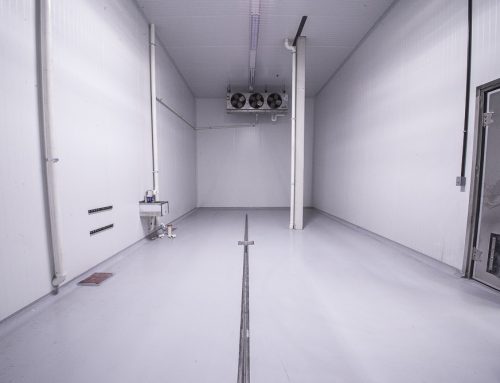Cold storage facilities must maintain consistent cool temperatures in order to operate effectively. This means not only having the right refrigeration equipment, but also having the right insulation to ensure energy efficiency and minimise utility costs. Technonicol’s Carbon extruded polystyrene XPS foam insulation is ideal for all cold storage floor insulation needs.
What to Look for in Cold Storage Floor Insulation
Cold storage buildings can have low operating temperatures of minus 30 degrees. Without effective insulation that limits heat gain, energy usage, running costs and carbon footprint spiral out of control. Carbon XPS foam floor insulation is ideal because it has a high, stable and predictable thermal conductivity, is resistant to moisture and highly durable.
Insulation must have the lowest thermal conductivity possible because cold storage buildings absorb more heat. Thermal efficiency is essential for decreasing the load on the refrigeration equipment and reducing energy use. Compressive strength is also important as insulation in cold storage floor applications needs to withstand the weight of material handling equipment, stored goods in concentrated areas, stress from racking assemblies and the weight of the building itself.
Why Choose XPS Foam Insulation?
XPS foam insulation is a closed-cell insulation made via an extrusion manufacturing process. This means that unlike other forms of insulation like EPS, XPS foam insulation doesn’t have any tiny voids or spacing between the cells. This reduces heat transfer and makes it highly resistant to water absorption and water vapour transmission, meaning it can maintain low thermal conductivity in the presence of a lot of water. The moisture-resistant properties of XPS foam are particularly important for cold storage applications as there tends to be more moisture and condensation in these interior spaces.
XPS Foam Insulates Cold Storage Floors Better
One major area of concern in cold storage facilities is thermal transfer via the floor. In other words, energy and heat entering the building from below. Traditional flooring options, such as concrete, are ineffective in preventing thermal transfer without a high performance insulation material.
It’s crucial to use a closed-cell insulation material because of the freeze-thaw cycle ground floor insulation must deal with. Moisture that gets into tiny gaps of other insulating materials will shrink and expand as it goes through the freeze/thaw cycle. This drastically lowers the effectiveness of the insulation as well as causing it to deteriorate. XPS foam insulation repels water and can withstand freeze/thaw cycles.
Compressive Strength Requirements for Load Bearing Floors
Insulated concrete slabs are common in cold storage facilities. These slabs and the layers below it must be capable of supporting heavy loads. This includes structural loads from things like stored goods and dynamic loads from things like heavy vehicles driving across the floor. Uniformly distributed closed cells in XPS foam insulation give it superior compressive strength characteristics. This makes it a reliable and long lasting solution when used in building foundations and floors bearing heavy loads.
Technonicol’s Carbon Prof and Carbon Solid XPS foams are ideal for load bearing floors. Carbon Prof offers a minimum compressive strength of 300 kPa, and Carbon Solid offers a minimum compressive strength of 500 kPa, making both products more than capable of accommodating floor loads in cold storage facilities.
Technonicol XPS Foam – Ideal for Cold Storage Insulation
Technonicol’s Carbon XPS foam insulation range comes in a variety of thicknesses and compressive strengths to meet the demands of every cold storage application. This high quality insulation is:
- Extremely durable
- Capable of bearing heavy loads
- Highly resistant to moisture
- Guaranteed to have low, stable and predictable thermal conductivity
- Able to withstand the stresses of temperature changes and freeze/thaw cycles.
At Plastek, we have extensive experience consulting and supplying XPS foam insulation products, helping to optimise projects by providing the ideal solutions. We can recommend the right Carbon XPS foam insulation product for your specific project, ensuring a functional and high performance solution for your building.
Related Questions
Why is XPS foam a better insulator than EPS foam?
The voids found in EPS insulation conduct heat due to the air inside them.
How is EPS foam made?
EPS is made by placing small beads of polystyrene polymer in a mould and then expanding them by applying heat or steam to the mould. This process fuses the beads together in irregular patterns. This tends to result in tiny gaps being left between the foam cells. The extrusion process used to produce XPS foam insulation leaves no such tiny gaps.
Is XPS foam environmentally friendly?
XPS insulation is 100% recyclable and contributes enormously to reducing energy use. It lasts decades once installed in a cold storage facility and significantly lowers the carbon footprint of the building over its lifespan.





Leave A Comment